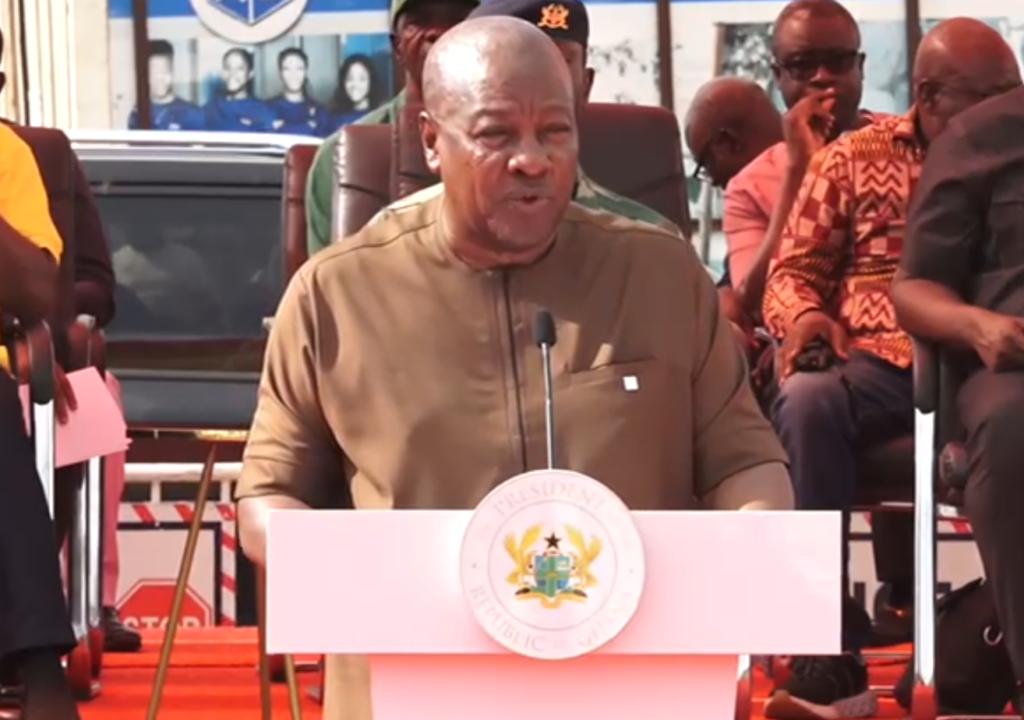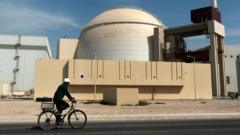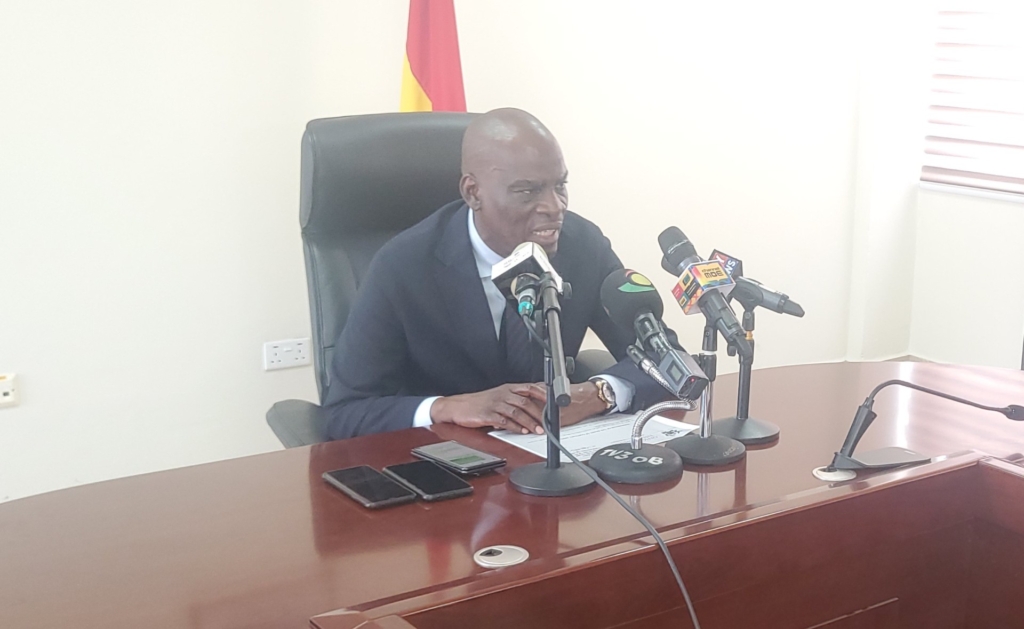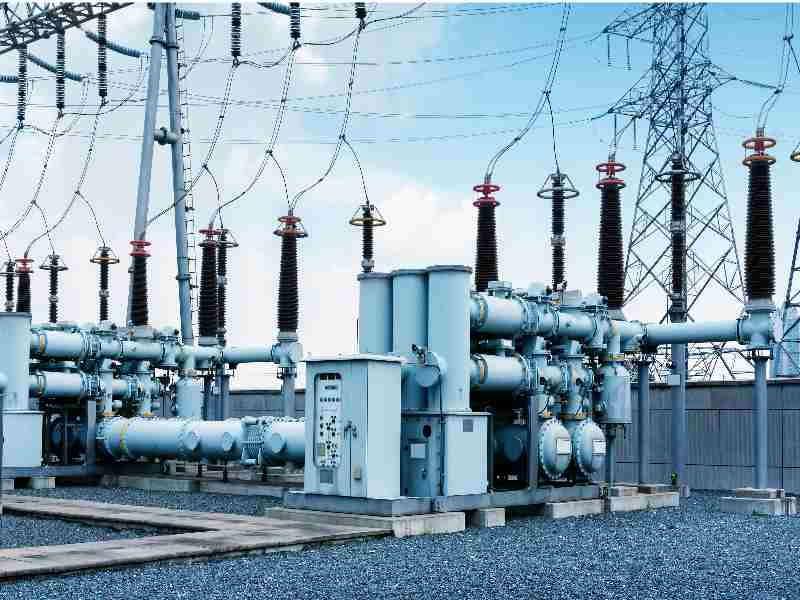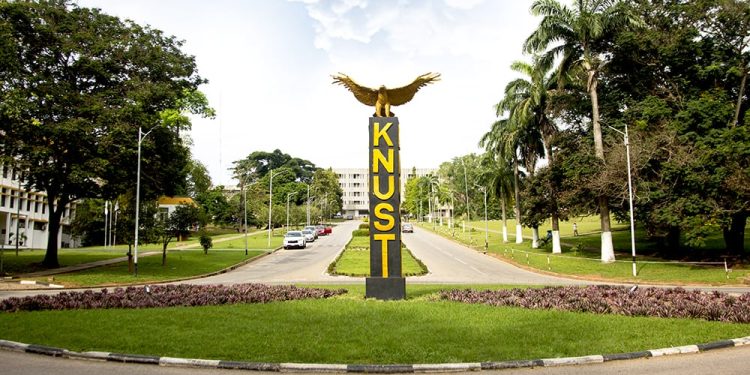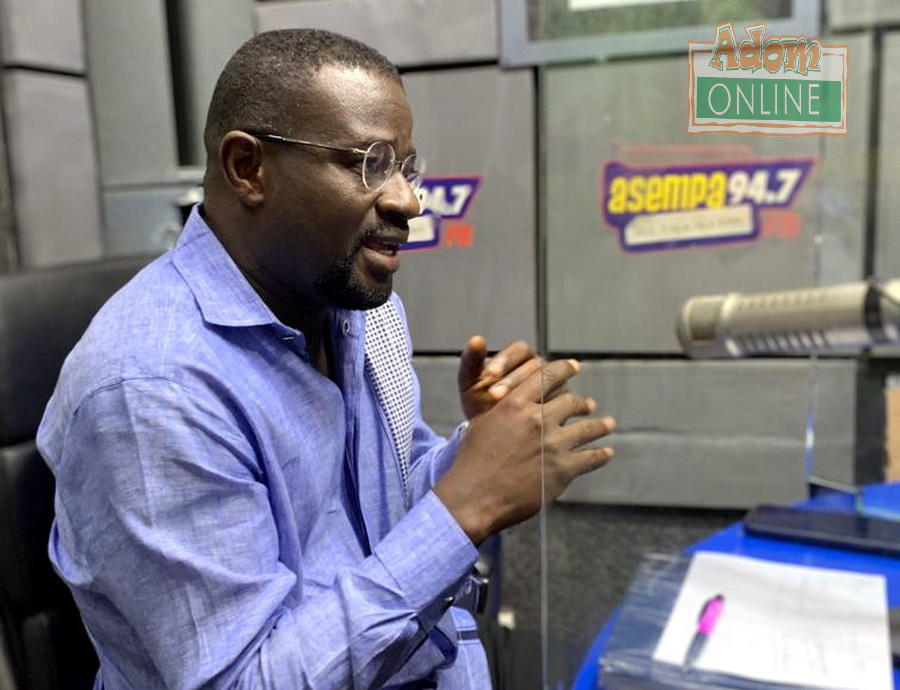President John Mahama has launched the Feed Ghana Programme, a major government initiative aimed at boosting food production, reducing the country’s dependence on imports, and creating jobs across agriculture-related sectors.
At the official launch of the Feed Ghana Programme in Techiman, the capital of the Bono East Region on Saturday, April 12, the President outlined its various components and also stated that the initiative targets institutions, especially Senior High Schools, to venture into commercial farming.
Speaking at the launch, President Mahama said, “Feed Ghana is a development project, popularly referred to as Yeridua, to reduce imports from neighbouring countries. We’ll invest in controlled environmental farming, including the use of greenhouse technologies and urban and peri-urban agriculture.”
The first component of the programme is focused on backyard and community gardens. The President encouraged Ghanaians to grow vegetables in their homes to improve nutrition and reduce food costs.
“We will do backyard gardening,” he said. “Everybody will be encouraged to get some land near your house or behind your house and have a garden where you grow tomatoes, garden eggs, okra, onions, and pepper. We have done this before.”
He reminded the public of Ghana’s past experiences during the Operation Feed Yourself era.
“For those of you who grew through the Operation Feed Yourself years, you remember that your parents used to have backyard gardens. And so when you went there to pound fufu, sometimes you didn’t have to go to the market. You just go into the garden, you pluck some nyadua, take some pepper, some onion, tomato, and then go and make the soup and pound the fufu.”
He added, “We’ll encourage community gardens to enhance nutrition and household incomes.”
The second component of the Feed Ghana Programme is institutional farming, aimed at encouraging Senior High Schools and other institutions with available land to venture into crop and livestock farming.
President Mahama explained, “We’re going to encourage not only households and communities to grow vegetables like tomatoes, pepper, garden eggs, and thereby reduce household food costs and increase self-reliance, but we’re also going to encourage institutions such as Senior High Schools with available lands to be supported to venture into crop production and livestock farming.”
He added, “So all our schools that have land available, you’re going to use some of that land for agricultural purposes. You’ll grow vegetables to improve the food of the students in their kitchen. You’ll have cows, goats, sheep, so that you can provide meat for our children in school. This will complement the school feeding programme and encourage students to view agriculture as a viable career.”
According to the President, several institutions have already shown interest in the initiative.
“Amongst them we have the National Service Scheme, who are going to activate their national service farms so that national servicemen will be engaged in agriculture. Amongst them is the Ghana Prison Service. The Ghana Prison Service is going to activate the prison farms and use the prisoners for agricultural production.
“The National Youth Employment Agency is also a collaborating institution. Faith-based organisations, churches, and mosques several have come to us and said that they are willing to go into agriculture and agri-processing,”he said.
The third major component of the programme is the revitalisation of Ghana’s poultry industry through the Nkukor Kitin Kitin initiative.
President Mahama stressed the urgency of reducing poultry imports. “Ghana imports almost 400 million dollars’ worth of chicken every year. This we all must be ashamed of.”
The Nkukor Kitin Kitin project will support the entire poultry value chain. “Our Poultry Farm to Table project, popularly referred to as the Nkukor Kitin Kitin programme, which is going to be implemented in collaboration with the Poultry Farmers Association, will support hatcheries, feed mills, veterinary services, and poultry processing centres.”
“This year we’re going to register 50 anchor farmers who will be supported to produce four million birds, which will be equivalent to 10,000 metric tonnes of chicken,” he said.
Additionally, a supplementary plan will see 55,000 households across the country supported to produce 500 birds each year. “We believe that this will rear over one million birds and thereby improve the incomes of women and the nutrition of their children,” the President said.
To support all aspects of the Feed Ghana Programme, President Mahama announced the deployment of thousands of agriculture professionals.
“We signed an MOU to deploy 5,000 agriculture and veterinary graduates to support the institutional programme, as vacancies arise, these graduates will be absorbed permanently into the public service, bridging the gap between research and on-farm practice,” he said.
President Mahama also mentioned that the Feed Ghana Programme includes the Grains and Legumes Development Project, the Vegetable Development Project, and Livestock Development alongside the poultry revitalisation effort. These projects, he said, are designed to raise agricultural productivity, ensure food self-sufficiency, and create sustainable employment for Ghanaians.
DISCLAIMER: The Views, Comments, Opinions, Contributions and Statements made by Readers and Contributors on this platform do not necessarily represent the views or policy of Multimedia Group Limited.



